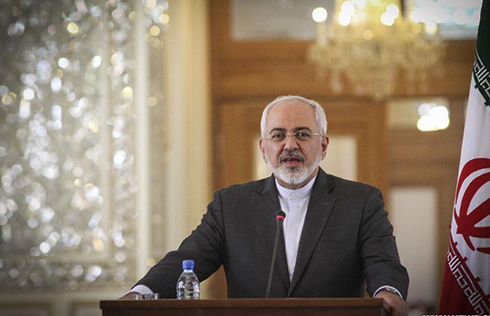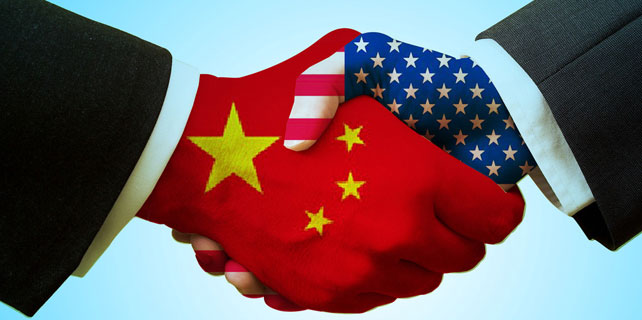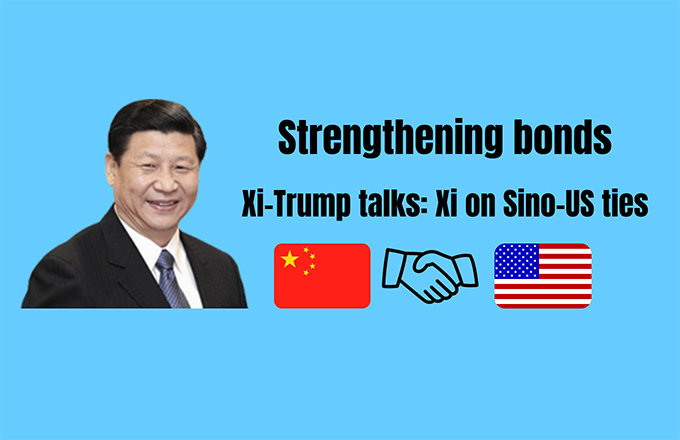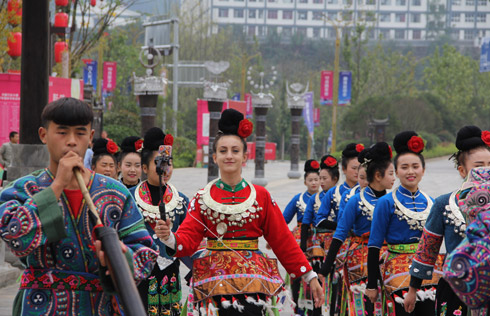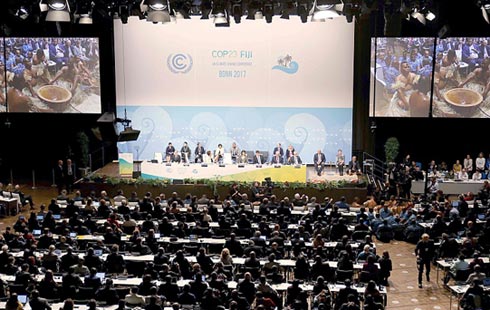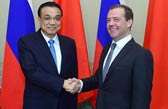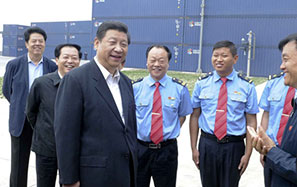China advocates APEC leadership in economic globalization despite setbacks
On the building of a Free Trade Area of the Asia-Pacific (FTAAP), which was launched at the 2014 APEC meeting in Beijing, Xi hailed the smooth completion of the collective strategic study this year, saying it marked a new phase in FTAAP development.
"We need to stick to our agenda and take more effective actions to realize the FTAAP at an early date, thus bringing about an Asia-Pacific economy with greater openness," said the Chinese president.
Calling on APEC members to take more collective and individual actions to implement the Connectivity Blueprint for 2015-2025 adopted in Beijing and promote connectivity in infrastructure, institutions and personnel flows, Xi underlined the need for a multi-dimensional connectivity network and a well-connected Asia-Pacific community.
China is making progress with the Belt and Road Initiative. Featuring extensive consultation, joint participation and shared benefits among partners in the region, Xi said the initiative will contribute to enhanced connectivity in the Asia-Pacific, and pledged to seek synergy in development strategies and cooperation initiatives with relevant parties.
The Belt and Road Initiative refers to the Silk Road Economic Belt and the 21st-Century Maritime Silk Road initiative proposed by Xi in 2013. The initiative brings together countries in Asia, Europe and Africa via overland and maritime networks.
Xi recalled that China has given priority to opening up to the Asia-Pacific over the past 25 years since it joined the APEC, and pledged to work with other parties to increase openness, pursue regional economic integration and connectivity, advance reform and innovation, and jointly write an exciting chapter of Asia-Pacific cooperation.








